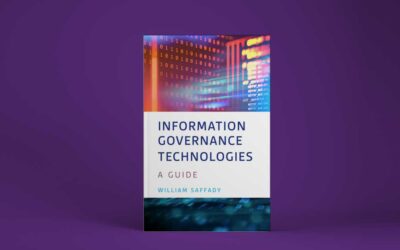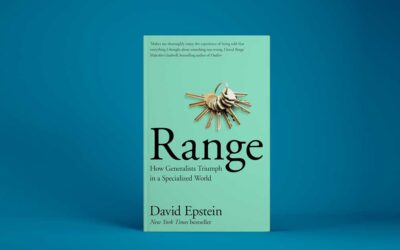Librarians and Technology Part 6: Active Listening Enhances Focus
Miriam Kahn, MLS, PhD
Active listening is key to good librarian reference work. Active listening means we’re focused on what our researcher is asking for, not distracted by trying to find resources before the query is complete. Taking time for active listening enhances information professionals’ searches, slows down the urge to rely only on technology and digital resources, and allows time to focus.
Controlling Technology Enhances Focus
Technology and online resources make it easy to find information quickly. Using technology, digital resources, and even social media speeds up the reference and research process. However, technology can also distract the information professional from hearing the researcher’s entire query and even from completing the reference interview.
It’s very easy to listen to the first part of a reference request, jump in, and seek resources to answer that very question. But we know that the beginning of a reference query isn’t always the goal of the researcher’s quest for information. That quest may be buried within a complicated query, in a small part of the initial request. The initial query might misdirect due to an incomplete understanding of the reasons for a research project with its projected outcome. In other words, if we, as information professionals, don’t listen to the entire query, or don’t ask clarifying questions—if we jump in and start searching, using the digital resources at our disposal without “actively listening,” we aren’t streamlining the reference process. Without practicing active listening, we may even be leading our researchers astray.
Active Listening
Active listening as librarians means focusing our attention on the entire query. It entails an energetic exchange of questions—that “give and take” required for a strong reference interview. Active listening means focusing on the researcher’s goals and objectives before using any technology. It means asking pertinent questions, rephrasing the query, and stopping to think. Most of all, active listening means waiting, engaging with the researcher, and only then engaging with technology and online resources.
Conducting Good Reference Interviews
The reference interview is all about active listening and focusing on the researcher’s needs. We are asked a question and, unless it’s directional, we are tasked with helping the researcher find resources to seek an answer. As soon as the researcher begins to form the query, we must focus our attention and begin active listening.
The beginning of a query does not mean starting to type and explore online resources. It does not mean formulating a research strategy immediately. It does not entail jumping in and searching. The reference interview requires patience, requires attention, and requires that we engage active listening skills.
If we think back to our basic training as information professionals, we were taught to engage tools of inquiry. Inquiry requires give and take between the reference staff and the researcher to get at the focus and purpose of a question and the perspective from which to seek answers. Reference interviews should engage all our attention, without distraction, with the sole purpose of helping researchers locate the materials they require. In some instances, the initial reference query is the first step in a long and complex research project, one with many parts that will be woven together at a later date.
To become proficient at the reference interview, we were taught to focus our attention and practice active listening. The variety of technologies and online resources now available in our information centers and at our fingertips challenges our ability to listen carefully and actively. The plethora of resources challenges us to focus on the questioner because it is so very easy to become distracted by the perceived ease of “finding the answer.” Yet the goal of the reference interview is to start the researcher on the path to finding answers and sifting through information to come to their own conclusions.
Active Listening as Librarians: Summing it Up
Active listening is an integral part of the reference interview and a key component to monotasking and harnessing the power of available technologies. Active listening helps us to remain focused and assist the researcher in seeking answers to questions or at least starting them on their way for complex research projects.
My next post in this series will discuss Deep Thinking and Harnessing Technology.
Miriam Kahn, MLS, PhD
Similar Posts
Interview with an Author: Fernandez on Streaming Video Collection Development
As demand for streaming video in libraries grows, so do the challenges of managing access, budgets, and licensing. Co-author Michael Fernandez shares key insights from his book, “Streaming Video Collection Development and Management”.
Interview with the Author: Saffady on Information Governance Technologies
Technology is at the heart of modern information governance, shaping how organizations manage records and ensure compliance. In this interview, expert William Saffady shares insights on the essential technologies driving the field and what information professionals need to know.
Reflections on David Epstein’s Range: How Generalists Triumph in a Specialized World
Lauren Hays explores “Range: How Generalists Triumph in a Specialized World” through a librarian’s lens, reflecting on the role of broad knowledge in critical thinking and problem-solving.
Interview with the Editor: Bobbi L. Newman on Well-Being in the Library Workplace
Enjoy Lauren Hays’ interview with Bobbi L. Newman on why workplace well-being matters, how managers can drive meaningful change, and what steps libraries can take to create a culture of trust and support.




Leave a Comment
Comments are reviewed and must adhere to our comments policy.
0 Comments